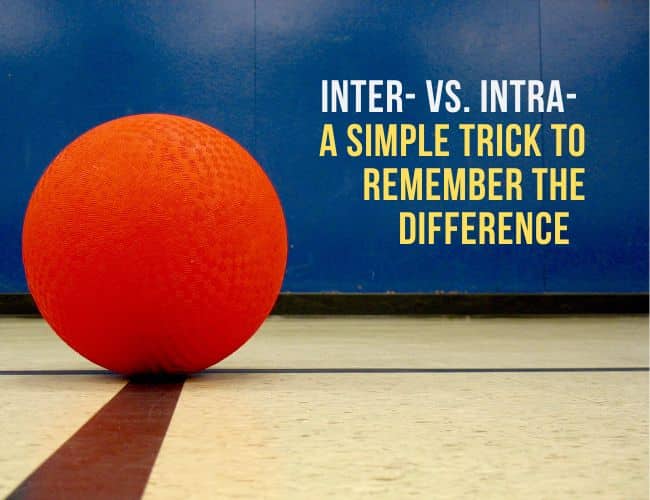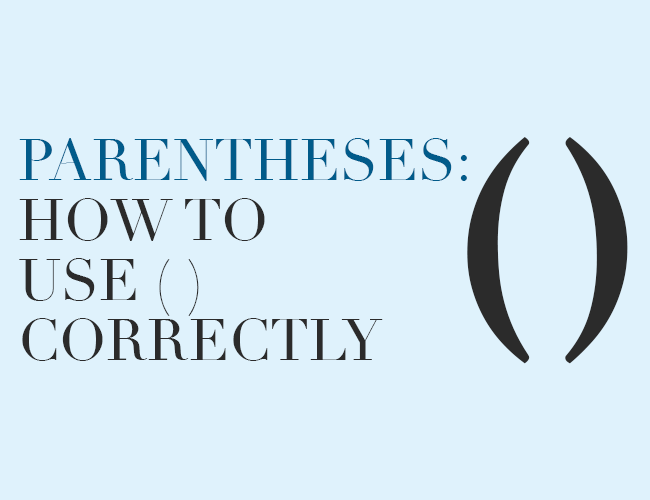
by Liz Bureman |
I play kickball on a league in Denver, and if you haven’t tried playing this playground game as a grown person, I highly recommend it.
I was talking about my team with someone this past weekend, and they asked, “Oh, it’s like intramural kickball?” I said yes, although it is weird to hear someone use the word intramural outside of college.
Also, it’s definitely intramural, not intermural. But what’s the difference?

by Liz Bureman |
A few years ago, I rented a car. Normally this wouldn’t be a memorable event. But an appalling misuse of grammar burned it into my mind, and years later, I haven’t forgotten.
You see, when I went to the airport to return the rental, I saw this wonderfully instructive sign:
Please… LEAVE “KEYS” IN CAR!
And this brings me to today’s grammar lesson: how and when to use quotation marks.

by Liz Bureman |
Today we’re looking at a literary device that you’re probably using in everyday speech, even if you didn’t know the name of it. Let’s define synecdoche, look at some examples, and talk about how you can use it in your writing.

by Liz Bureman |
If the semicolon was just a little less top-heavy, then it would be a comma, and rightfully used and appreciated. Sadly, many writers have a confused relationship with the semicolon, not really sure how or when to use semicolons in their lovely sentences.
Don’t worry, little semicolon. Your virtues will not be lost on this audience as long as I have a say in it.

by Liz Bureman |
People ask me all the time (and by all the time, I mean never), “Liz, what is your favorite grammatical/punctuational structure?” It’s hard to narrow it down to just one (although you’re probably already aware of my love for the Oxford comma), but if I happened to be in a life-or-death of language situation, it would probably be the parenthetical statement.
I bet you already figured that out.







